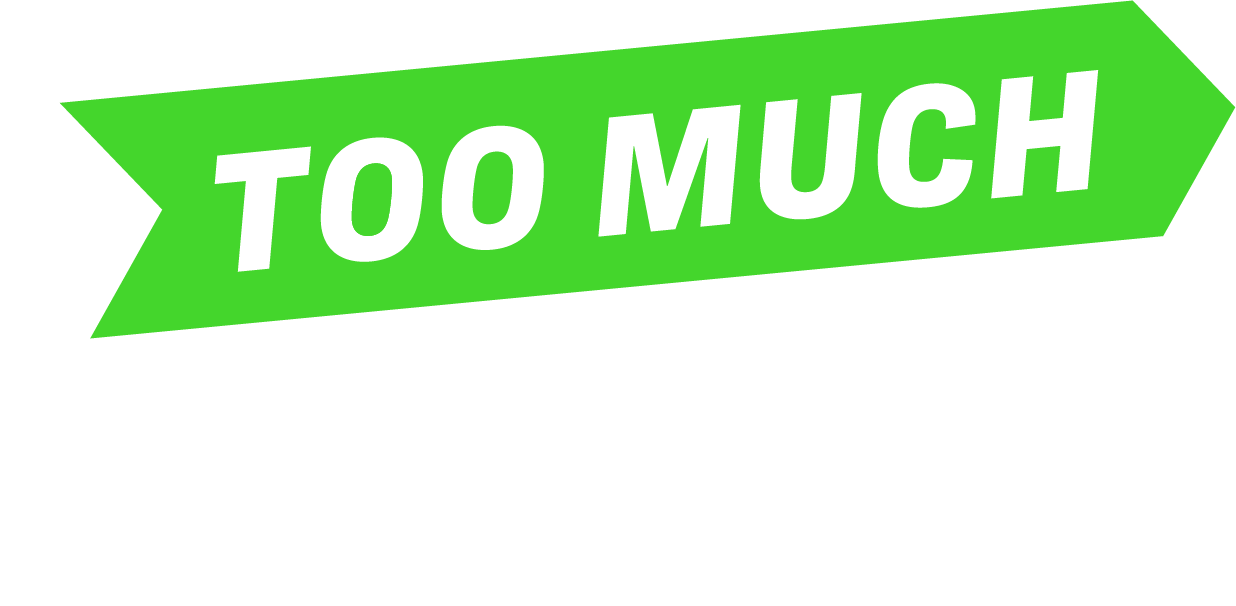Identifying Misinformation from Drug Companies
Social media platforms allow drug companies to promote pharmaceutical products including prescription drugs to consumers. Although informative, not all health information on social media is accurate. When inaccurate information (also known as misinformation) is posted on social media platforms, it can spread quickly. It is important to pay attention to who the message is coming from and what they are saying. Keep reading for tips on how to identify misinformation and to avoid sharing it.
How Can I Identify Misinformation?
Check the source of the information and cross check that information with reliable sources: These include National Institutes of Health (NIH) Office of Dietary Supplements, the Drug Enforcement Administration, the Food & Drug Administration and other federal public health organizations.
If you cannot find any information about a drug or supplement from the agencies listed above, it likely has not been reviewed or approved by these agencies. Make sure to speak with your healthcare provider before taking any new medications.
Read beyond the headline: Headlines often contain information to grab your attention. Reading beyond the headline allows you to gain additional context and determine if the information seems reliable.
Understand the intent behind the post: If a post is trying to sell you a product and the product is advertised as a quick fix or a solution that seems too good to be true, do some additional research before purchasing the product. Talking to your healthcare provider is a great place to start.
How Can I Stop the Spread of Misinformation?
- Don’t share misinformation.
- Report inaccurate information to the platform (Facebook, Instagram, TikTok, etc.).
- Share health information from trusted sources.
Purchasing Medication Online
It is important to be cautious when purchasing medication online. According to the National Association of Boards of Pharmacy, there are roughly 35,000 active online pharmacies. Only 5% of all active online pharmacies comply with the U.S. pharmacy laws and practice standards
The following are warning signs of an unsafe pharmacy:
- They do not require a doctor’s prescription.
- They are not licensed in the U.S. and by your state board of pharmacy.
- There is not a licensed pharmacist on staff to answer your questions.
- Offer deep discounts or prices that seem too good to be true.
- Charge for products you never ordered or received.
- Fail to provide clear written protections of your personal and financial information.
- Send medicine that looks different than what you receive at your local pharmacy.
Is it Okay to Buy Online Prescription Medicine from Other Countries?
While online pharmacies based in other countries may be legitimate, it can be difficult to know which ones are and which ones are not. Some important points to keep in mind are:
- FDA does not regulate prescription medication from outside the U.S., so safety is not guaranteed.
- Medication approved by other countries may have different ingredients than what you would find in a comparable drug in the U.S.
- You may experience harmful interactions with other medicines you are taking, unexpected side effects, or other serious health consequences.
The safest bet is to look for pharmacies that comply with U.S. pharmacy laws. If you have any questions, you should always ask your healthcare provider or local pharmacist.
